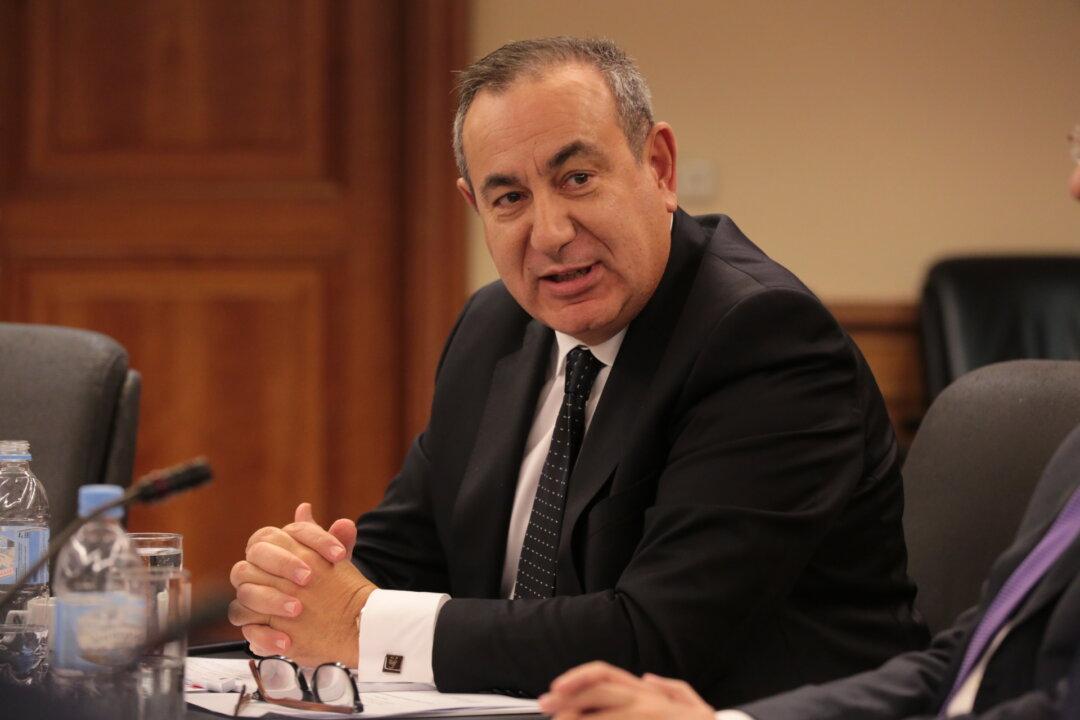The Department of Justice (DOJ) has obtained two phones of Joseph Mifsud, one of the central figures of the 2016 Russia investigation, and the lawyer of Lt. Gen. Michael Flynn has requested them, saying they likely contain exculpatory evidence.
The phones, two BlackBerry models, “only recently” came into the government’s possession, said Flynn’s lawyer, Sidney Powell, a former prosecutor, in an Oct. 15 court filing (pdf).





